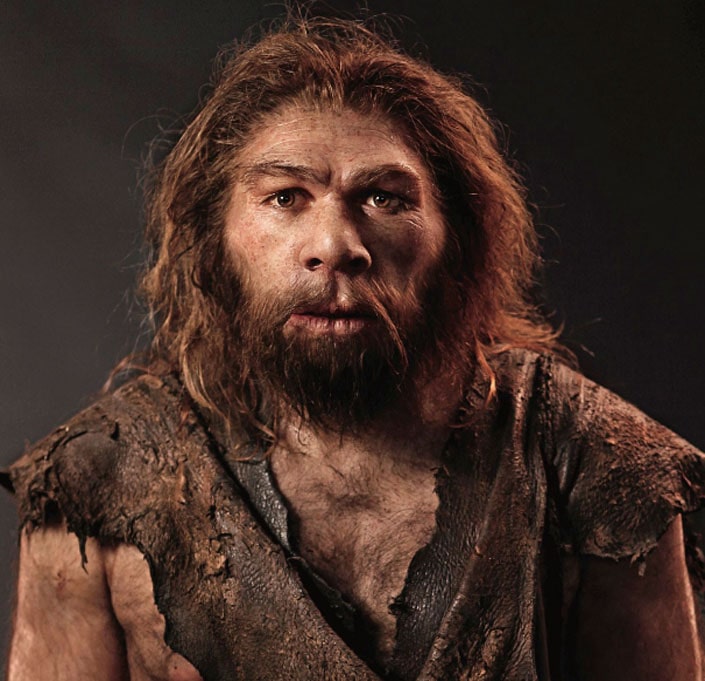Max Plank Institute: How Old Are Homo Sapiens?
STARLOG.COM History X Homo Sapiens
"Max Plank Institute: How Old Are Homo Sapiens?"
In 2017, the Max Planck Institute for Evolutionary Anthropology made a groundbreaking discovery that rewrote the history of our species. Researchers uncovered the oldest known Homo sapiens fossils at Jebel Irhoud, Morocco, dating back approximately 300,000 years! This finding pushed back the origins of modern humans by a staggering 100,000 years!
Previously, the oldest Homo sapiens fossils were believed to be around 200,000 years old, found in Ethiopia. However, the new discoveries at Jebel Irhoud revealed that our species was already widespread across Africa much earlier than previously thought. The fossils included skulls, teeth, and long bones of at least five individuals, showcasing a mix of modern and archaic features.
How Did They Determine the Age?
To determine the age of the stone tools found at the site, researchers used thermoluminescence dating. This method measures the accumulated radiation dose in the flints since they were last heated (In contact with Fire), providing an accurate estimate of their age.
For the Homo sapiens fossils themselves, the team used a combination of Electron Spin Resonance (ESR) dating and U-series dating. ESR dating measures the trapped electrons within the enamel of teeth, while U-series dating measures the decay of uranium isotopes in the bones. These advanced techniques provided a precise age estimate for the fossils, confirming their antiquity.
Why Do Some People Doubt the Discovery?
Despite the robust evidence, some skeptics question the findings. Critics argue that the Jebel Irhoud fossils might represent a different, more archaic species rather than early Homo sapiens. Others believe that the dating methods used might not be entirely reliable, suggesting that further research is needed to confirm the age and classification of the fossils.
Implications of the Discovery
The implications of this discovery are profound. It suggests that significant biological and behavioral changes occurred across Africa much earlier than previously believed. The findings also challenge the long-held notion of a single "cradle of humankind" in East Africa, instead pointing to a more widespread and diverse origin of Homo sapiens across the continent.
The Max Planck Institute's 2017 discovery has opened new doors for researchers and sparked a renewed interest in the evolutionary history of our species. As we continue to uncover more about our past, we gain a deeper understanding of what it means to be human. What are your opinions on this?

Comments
Post a Comment